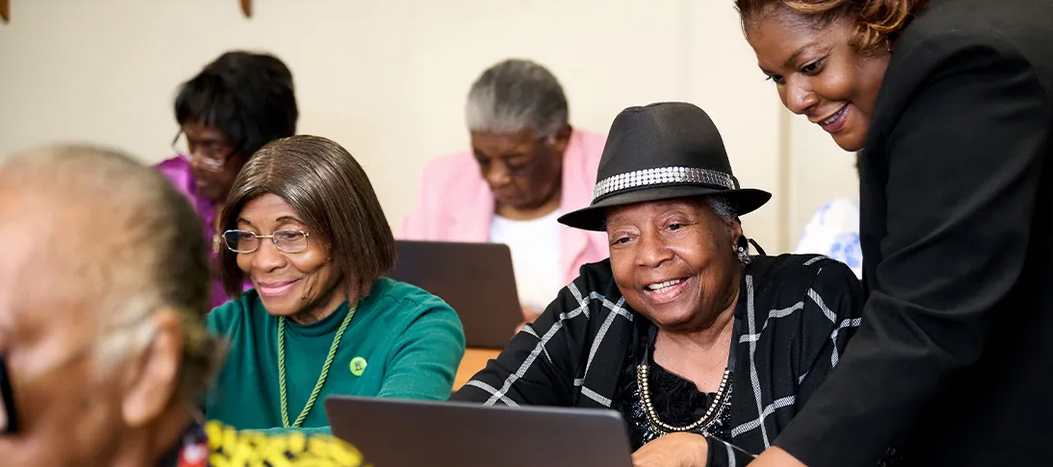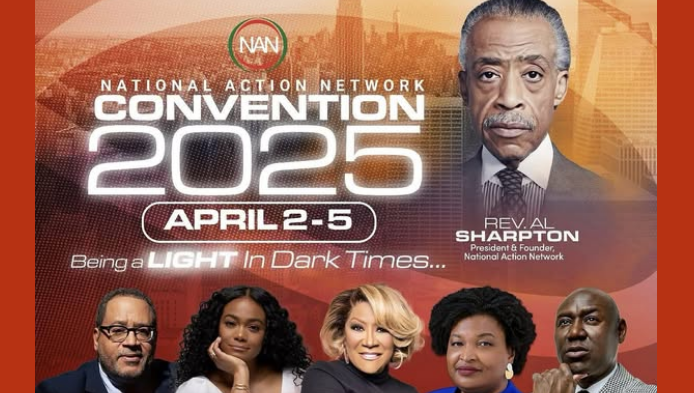In June 2020 state legislators took a historic step meant to end New York’s time as the most secretive state in the country when it comes to making police misconduct records public.
New York joined the growing list of states around the country that have enacted strong basic transparency laws. Lawmakers took action in response to the demands of New Yorkers who had taken to the streets to protest police violence in the largest civil rights movement in decades.
For over 40 years, police departments used section 50-a of the state civil rights law to hide police discipline and misconduct records. 50-a became the go-to excuse for departments to conceal everything from the disciplinary records of officers who killed New Yorkers to basic data on use of force incidents to footage from body-worn cameras that were rolled out specifically to increase police transparency and accountability. If New Yorkers wanted to find out whether police departments took misconduct complaints seriously, their only real recourse was to rely on leaks to the media.
Following the police killings of George Floyd, Breonna Taylor, and too many other Black and Brown people, the legislature firmly declared that New York would no longer tolerate a regime of police secrecy. With the repeal of 50-a, the public would be entitled to a full accounting of how police departments respond – or fail to respond – to allegations of officer misconduct.
Unfortunately, police departments across the state, along with a handful of courts, seem to have missed the memo. Since the repeal of 50-a, the NYCLU has filed over a dozen Freedom of Information Law requests with law enforcement agencies demanding the release of officer disciplinary records. But even with 50-a out of the picture, police departments have come up with new excuses for keeping the public in the dark.
While federal courts and many state courts (including in Schenectady) have rejected these arguments, other courts have sided with police departments and police unions and have condoned their refusal to turn over these records.
Many departments have refused to turn over records of any misconduct allegations against officers where the department itself did not impose discipline, claiming that this would amount to an unwarranted invasion of their privacy. They’ve cited police union contracts that purport to make disciplinary histories confidential. They’ve even tried to argue that records that pre-dated the June 2020 repeal of 50-a somehow retained their ability to remain secret.
On the issue of so-called “unsubstantiated” complaints, the fact that a complaint did not result in discipline does not mean that misconduct didn’t happen. It simply indicates that the investigators couldn’t reach a clear determination, or that they did but then the police department itself declined to impose discipline.
In New York City, the Civilian Complaint Review Board has long faced obstruction by NYPD officials that makes it difficult for investigators to do their jobs and resolve complaints on the merits, contributing to high rates of unsubstantiation. And when the CCRB has been able to determine that misconduct occurred and recommended discipline, the NYPD has repeatedly stepped in to reverse that decision.
The release of “unsubstantiated” complaints can help the public figure out whether those responsible for investigating allegations of police misconduct have the resources or the willingness to conduct those investigations thoroughly and fairly—and also whether departments are refusing to impose discipline even where they know misconduct occurred.
When the CCRB followed the law and provided the NYCLU with its full database of complaints against NYPD officers, it laid bare just how few officers face meaningful accountability. Our analysis of that data found that, since 2000, the CCRB was only able to substantiate seven percent of complaints that it received against NYPD officers, and that only two percent of complaints resulted in any form of discipline being imposed by the NYPD.
If the police unions had their way, the CCRB would have been blocked from releasing data on the 98 percent of complaints that did not result in discipline.
The public’s demand for greater access to police misconduct records stemmed from a demand to know why officers who abused New Yorkers face no consequences for their actions—and why the investigation process itself seemed to be broken. Only revealing data on the tiny subset of cases where there are consequences tells us next to nothing about how well or how poorly our systems are set up to investigate and respond to the vast majority of complaints.
Most baffling in all this is that some judges have reasoned that this continued level of secrecy was the legislature’s intent all along. Reading the transcripts of the floor debates in the State Assembly and Senate, there is no ambiguity.
In the Assembly, the bill’s sponsor clearly stated that the measure did not distinguish between “substantiated” and “unsubstantiated” complaints, and supporters of the bill repeatedly noted that access to “unsubstantiated” records was essential to examining patterns of reported abuse. On the flip side, a handful of legislators noted that they opposed the bill precisely because it would make all records available, regardless of whether the allegations were substantiated or not.
Despite that clarity in the record, the reality today is that police departments are continuing to hide disciplinary information and at least some judges are letting them. In response, lawmakers have now introduced a new measure to declare even more loudly and even more clearly that the full universe of police misconduct and disciplinary records must be made public under the state’s Freedom of Information Law. The legislation would put an end to the bad-faith excuses that police departments were never entitled to use in the first place.
While this bill should be unnecessary, if police departments and courts are going to continue poking holes in the 2020 repeal bill, it is imperative that state lawmakers put a stop to it.








